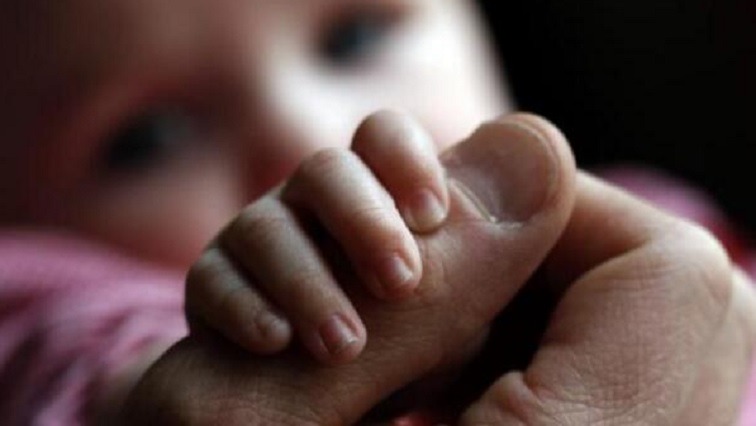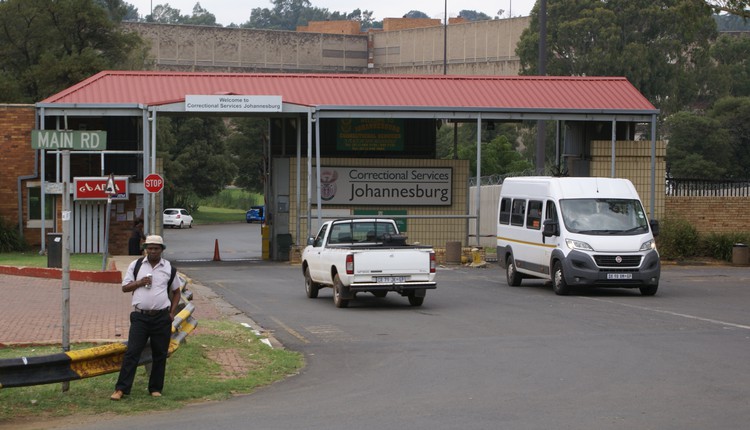Xola was 17and in Form Two when a motorcycle taxi operator promised to cater for her essentials.
As a child brought up in Mathare slums by a widow who earned a living from a low-income domestic job, such an offer was irresistible.
Later, he impregnated her. When she refused to abort, the man abandoned her. And she had to drop out of school.
Worrying statistics as Igambangombe turns into teen pregnancy hotspot Taming teen pregnancies one conversation at a timeXola is now raising her two-year-old daughter on the meagre earnings from domestic work. Unlike the man who went on with his business undisturbed, she had to cut short her education.
Had my mother met my needs, Id not have become pregnant, she says.
Hed give me Sh200 every weekend. That was a lot of money at the time (2019-20).
Xolas wish is to return to school so that she can become a dentist.
Presently, Kenya allows teenage mothers to return to school and doesnt condone expulsion of girls on pregnancy grounds.
Girls can even deliver at school as has been the case during national primary or secondary education exams.
PolicyThe National Guidelines for School Re-Entry in Early Learning and Basic Education (2020) guarantees teenage mothers and pregnant girls learning continuity.
A girl can re-enrol in a different school and thehead of her current school and the sub-county director of education are to help her secure placement, the policy directs.
In case a learner becomes pregnant more than once, she shall be allowed re-entry into a learning institution as long as she is within the mandatory schooling age, it states.
Learners who have attained the age of 18 years shall be advised to enrol at adult and continuing education or vocational training centres to complete their schooling.
In spite of that, Bungoma Governor Kenneth Lusaka wants pregnant girls or teenage mothers barred from school to solve the crisis.
No study shows that his proposal has worked elsewhere. Instead, it chains the girls and their children to cycles of poverty that can only be ended if they are given a chance to finish school.
Study findingsA 2014 ChildFund Alliance study found that ending violence against children would save countries up to five per cent of the national GDP, which is otherwise lost in addressing the impacts of violence, including teenage pregnancy and the risk of HIV infection.
It states that investment in evidence-based violence prevention programmes can avert the economic costs of violence and remove a critical barrier to children's health, educational and economic development.
Tanzania and Sierra Leone have previously imposed similar bans, and by the time they lifted them, they had pushed thousands of girls to early marriage, mental illness and hopelessness.
Already, pregnant girls suffer untold stigma, family rejection and social exclusion.Banning them from school amounts to victim blaming and shaming as perpetrators go scot-free, yet Article 27 of the Constitution stands for non-discrimination of either gender.
'Careful and responsible'Mr Lusaka said a law barring their resumption to school would other girls careful and responsible. He said the proposal stemmed from statistics at St Aquinas Chesikaki Secondary School in Mt Elgon, where 54 learners were discovered pregnant.
The current situation where teen girls can return to school even while pregnant is contributing to the normalisation of this issue, he said at the weekend.
The governor cited poverty and lack of sanitary towels as the major causes of teenage pregnancy in Bungoma.
Government and civil society leaders have condemned the governors proposal, terming it despicable, insensitive and uncalled-for.
Gender Cabinet Secretary Aisha Jumwa said policies that discriminate against girls because of pregnancy or marriage violate international and national human rights laws.
Staying in school gives these girls a chance to get a good career, teaches them responsibility and keeps them from being isolated and things that could potentially be harmful to them and the baby, she said in a statement.
The CS reminded the governor of Kenyas re-entry policy that allows school dropouts to complete their education, regardless of the reasons that pushed them out.
The policy is clear that learners who drop out of








